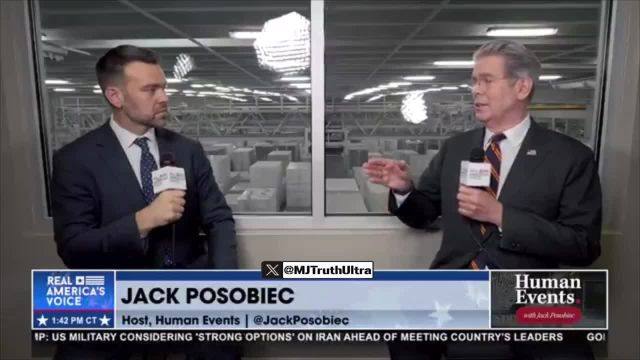

Enjoyed the video?
Help us improve! Leave feedback on your experience.
🚨 RFK JR Sounds the Alarm on the WHO IHR Amendment's — He says a “Trojan Horse” is Quietly being Installed that leads to Digital Health ID's and a Global Health Database of every Human-being
🚨 RFK JR Sounds the Alarm on the WHO IHR Amendment's — He says a “Trojan Horse” is Quietly being Installed that leads ro Digital Health ID's and a Global Health Database of every Human-being
• he expresses concerns about the proposed amendments to the International Health Regulations (IHR) and their potential to "open the door" to "that kind of system of health IDs," suggesting a pathway to broader surveillance and control mechanisms.
• He says the WHO is laying the groundwork for a CENTRALIZED Medical Database for every human being
• He connects the potential for digital health IDs to broader issues of surveillance and industry influence. He Mentions Mass "surveillance" and he refers to "industry influence," implying that these IDs could be part of a larger mass surveillance framework that benefits certain industries while encroaching on individual privacy and freedoms.
• Kennedy's concerns are framed within the context of the COVID-19 pandemic, where he believes critical information and criticisms were suppressed. He suggests that the amendments could perpetuate similar dynamics, potentially using digital health IDs as a tool for narrative management and censorship, as seen during the pandemic.
- His overall stance is that such measures, including digital health IDs, could jeopardize civil liberties and national sovereignty. He argues that the U.S. should not sign over authority that could lead to lockdowns and other public health measures without thorough consideration, especially when these measures might invite a system that undermines individual rights.
What’s next?
- Proposal and Adoption Process: The amendments were proposed and negotiated through the World Health Organization (WHO) processes, in an agreement by the World Health Assembly in May 2024 [World Health Assembly, 2024]. However, the implementation of these amendments is not automatic and requires further steps.
- Opt-Out Period: There is a specific window for member states to opt out of these amendments. The U.S. and other countries have until NEXT WEEK, to formally reject the amendments.
This opt-out period is crucial because it allows countries to decide whether to be bound by the new regulations.


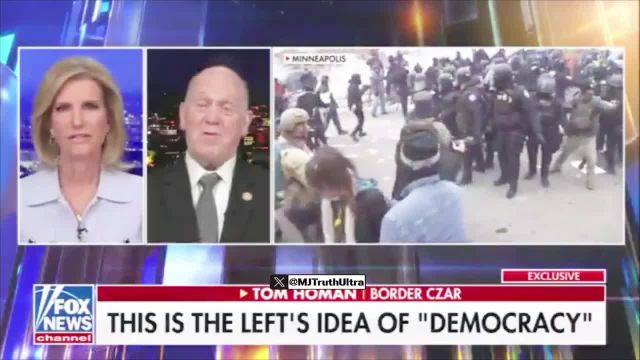

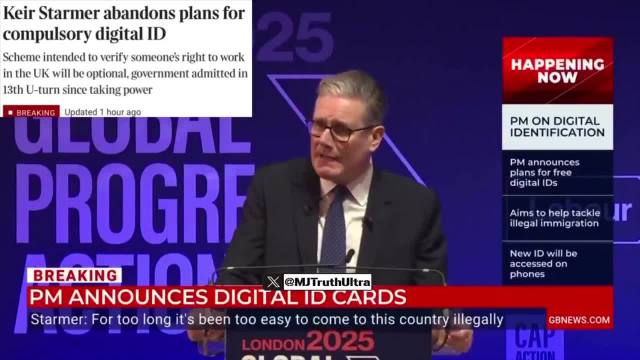
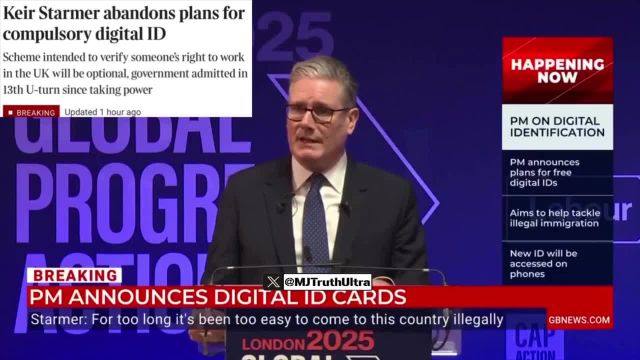

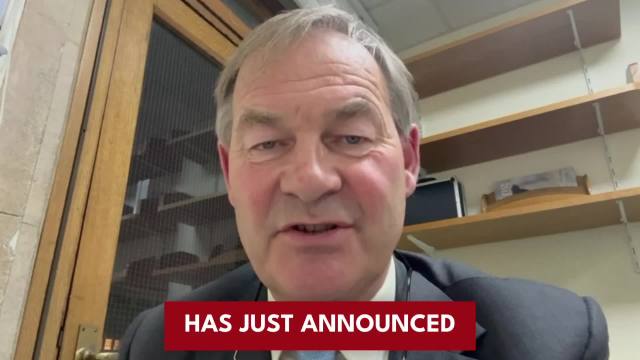













0 टिप्पणियाँ